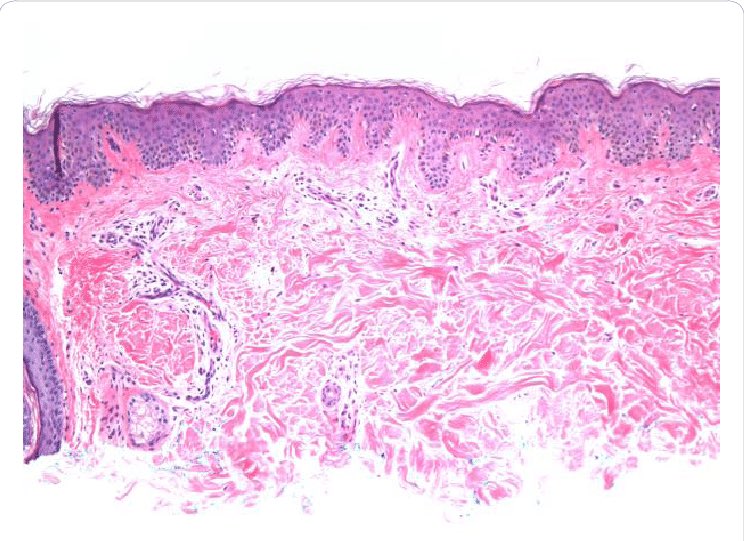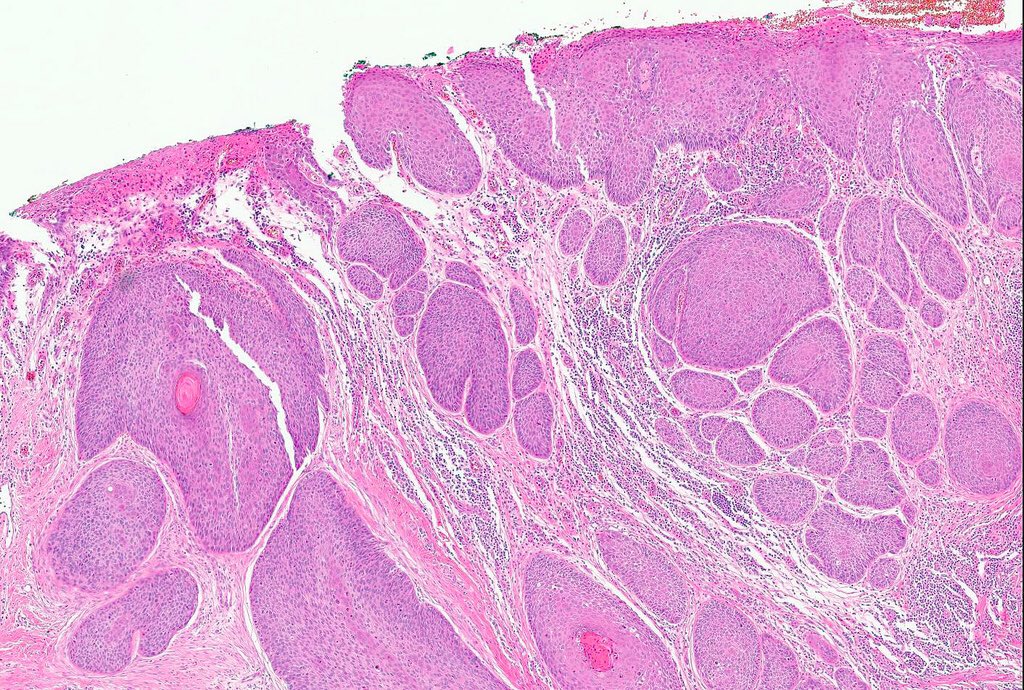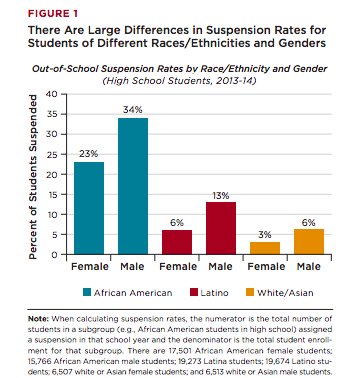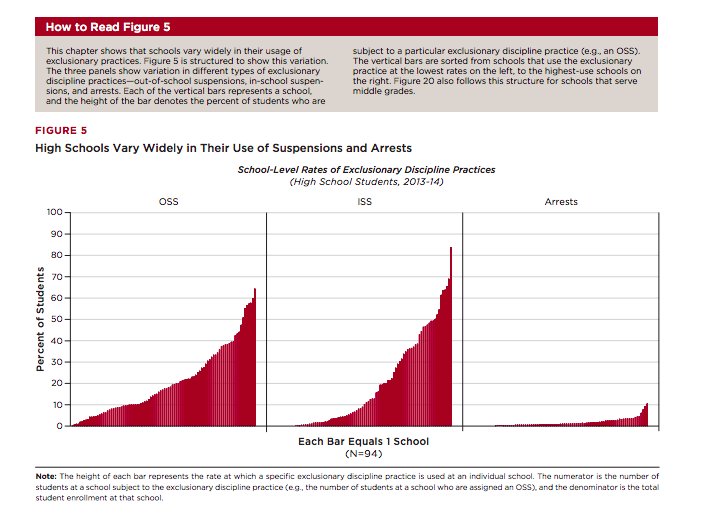Patient advocates and researchers share a common goal: curing cancer – by consulting patient advocates, scientists can ensure their research realistically works towards this goal.
“By translating what we learn of the research back to the patients we serve, we help them to make better, more informed treatment decisions.”
from Mayer, 2011 ncbi.nlm.nih.gov/pmc/articles/P…
Patient advocates can help promote #scicomm!
cancerres.aacrjournals.org/content/78/20/…
cc: @jamienholloway @itsnot_pink @GtownAyesha @Wanda_Lucas @SalamoneJ
“Advocates try to foster a better understanding of clinical trials and the opportunity they offer for best available care.”
ncbi.nlm.nih.gov/pmc/articles/P…







